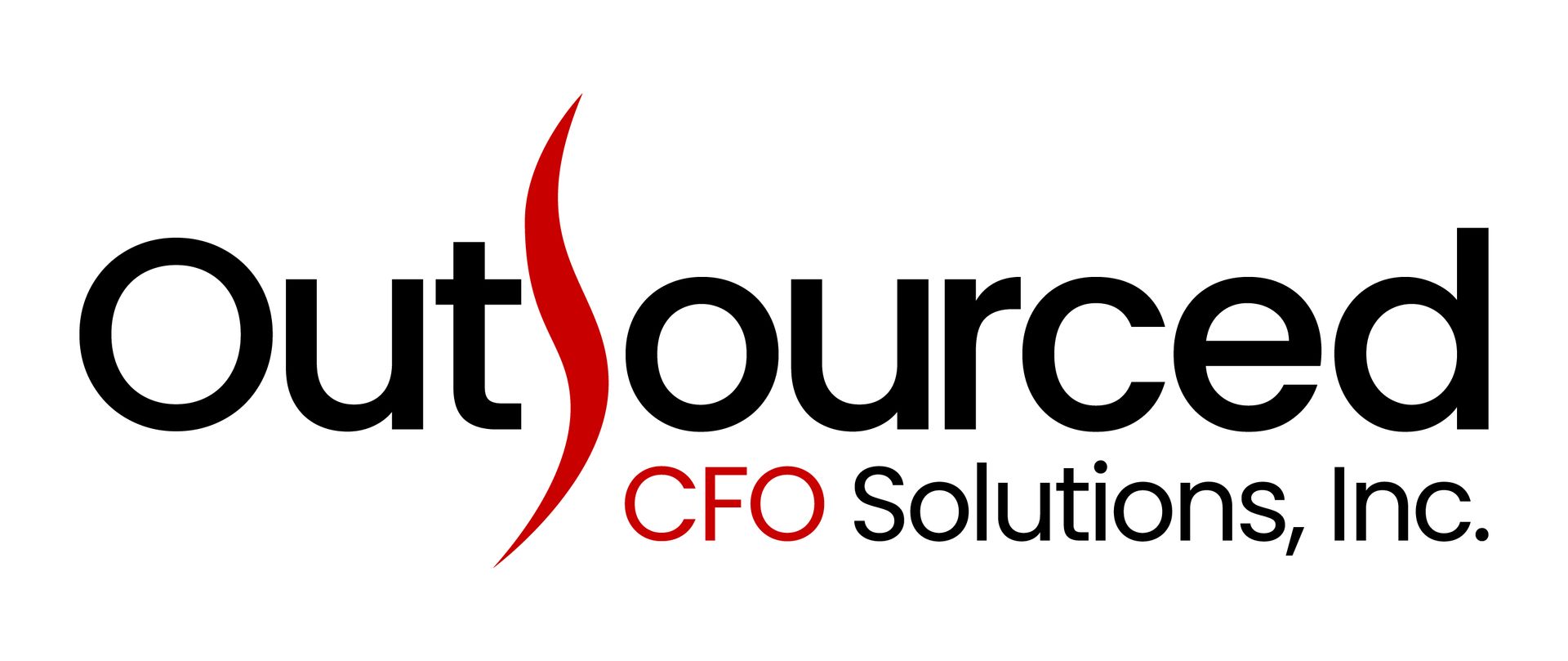Outsourced CFO Solutions blog
Discover Strategies for Growth, Financial Management Tips, and the Latest in Tax Planning.

Running a small business isn’t for the faint of heart. You’re the CEO, the customer service team, the janitor, and sometimes the IT department all rolled into one. And then there are taxes, those mysterious, ever-changing rules that can make even the bravest entrepreneur want to hide under the Thanksgiving table.

With the Fourth of July just over two weeks away, many Americans are beginning to plan their celebrations—whether that means backyard barbecues, fireworks displays, or simply a day off to relax. But beyond the festivities, this upcoming holiday offers a meaningful opportunity to reflect on the history and values that gave rise to our nation.








